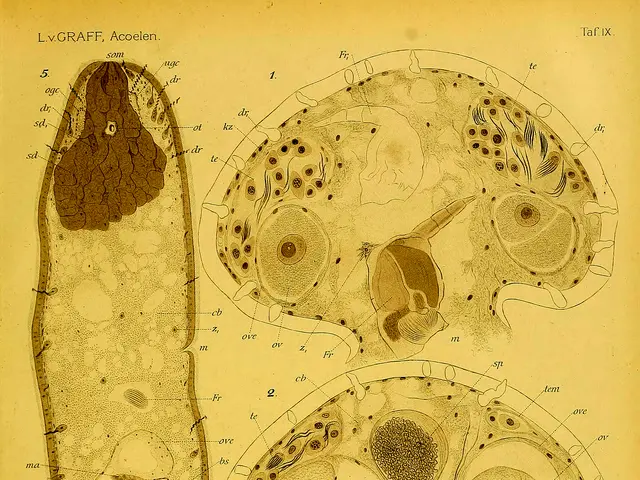U.S. Medical Schools Urged to Strengthen Nutrition Training Amid Chronic Disease Crisis
The Association of American Medical Colleges (AAMC) has issued a call to action, urging U.S. medical schools to enhance nutrition education. This move comes following a public push by Health and Human Services Secretary Robert F. Kennedy Jr. and a critical review of current nutrition instruction hours.
AAMC President and CEO Dr. David Skorton stressed the central role of nutrition in preventing, managing, and treating chronic diseases in the U.S. In response, the AAMC plans to integrate nutrition education into its meetings starting fall 2025 and will host events for medical educators to share best practices.
The call to action follows a significant increase in medical schools offering nutrition content beyond basic sciences, rising from 38% in 2014 to 94% in 2024. However, Kennedy criticized recent AAMC data, arguing that the current instruction hours are insufficient. He called for nutrition education prerequisites for premed students, testing on the MCAT, and new standards for residency programs.
The AAMC supports flexibility for member schools to integrate nutrition education according to their unique missions and accreditation standards. It has called on deans and medical education leaders to evaluate existing practices and strengthen nutrition education as needed. The organization's move aims to better prepare future physicians to address the nation's health challenges through improved nutrition education.







